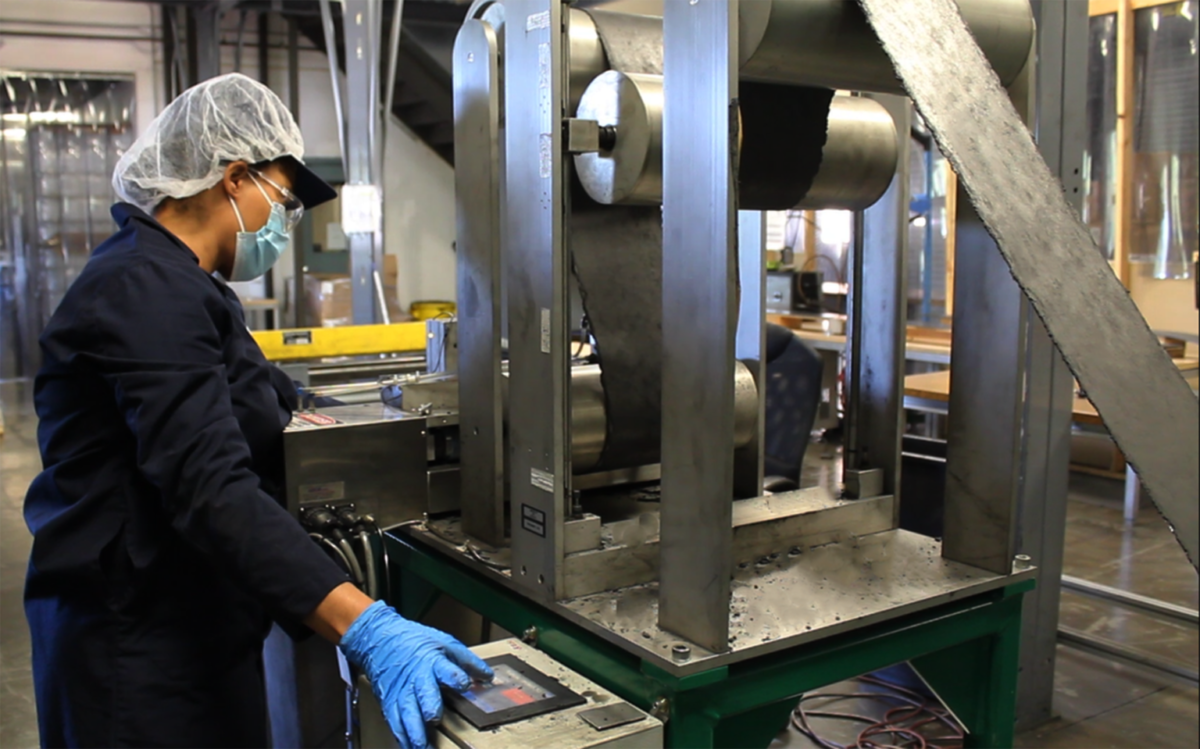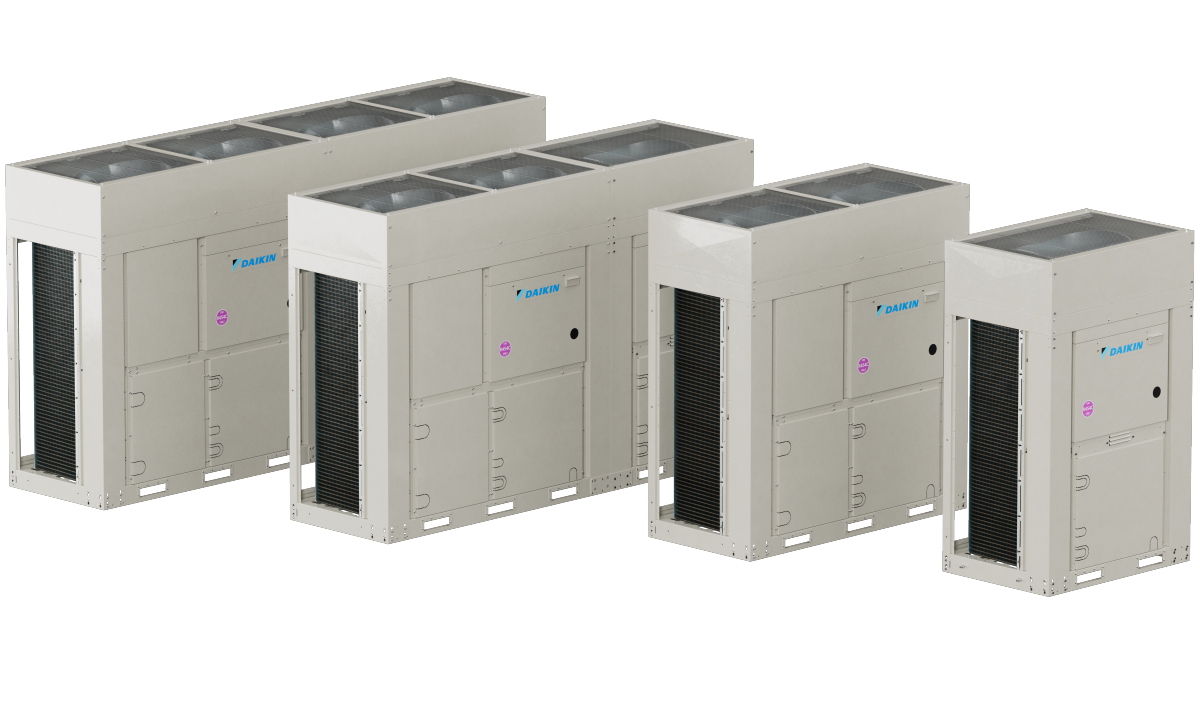From pv magazine USA
The energy storage market has given rise to many new solutions in recent years, especially on the battery front, as storage has emerged as a foundational technology that will be absolutely critical to a successful energy transition.
Many companies have toyed with existing battery chemistries and have invented their own. One startup, backed by the Electric Power Research Institute (EPRI), has found an approach that’s been in front of us the whole time.
That company is Urban Electric Power and its technology is alkaline batteries – think AA in a flashlight. Just saying “alkaline” doesn’t tell the full story, however, as CEO Sanjoy Banerjee and VP of Operations Ann Marie Augustus told pv magazine.
The Urban Electric story began 12 years ago, when the company received an Advanced Research Projects Agency-Energy (ARPA-E) Grant for $6 million to design something for the grid – specifically, a storage solution that would be comparable in cost to pumped hydrogen, yet not as geographically exclusive. When looking at battery technologies and chemistries, zinc and manganese dioxide made the most sense, as both were already being widely used for battery cells and their supply chains were well established.
The issue then became recharging, as manganese dioxide and zinc both had high capacities, but their chemical structures would change after a discharge, disabling any hope of a recharge. As Banerjee explained it, the company was able to “freeze” the change by adding “certain doping agents like bismuth and copper,” finally achieving both high capacity and rechargeability.
Urban Electric Power has since used this innovation to develop modular batteries that can provide backup electricity for personal use. They can be installed in a home garage or basement, grouped as part of a commercial microgrid, or installed en masse at grid scale by an electric utility or independent power provider. Augustus also pointed to one advantage that the company believes offers a critical advantage over competing chemistries: The batteries pose no risk of thermal runaway.
The company currently has a manufacturing plant in Pearl River, New York, which you can see in a virtual tour.
This breakthrough is what Banerjee and Augustus believe got the attention of EPRI. Urban Electric Power was the only battery storage company of more than 250 applicants to be accepted into EPRI’s Incubatenergy Labs electric utility mentorship program.
Incubatenergy Labs brings startups and utilities together to crowdsource the demonstration of these innovations and speed up the commercialization of promising technologies. Urban Electric Power will now spend 16 weeks working with utilities such as Ameren, the Tennessee Valley Authority, Con Edison, and Duke Energy on demonstration projects.
Urban Electric Power is actively installing one large-scale demonstration project. The installation is at a San Diego State University data center that needed a backup solution, Augustus said. The facility's previous backup provided about 15 minutes of power, but it needed two hours. Space was limited, which meant that the center couldn’t explore diesel capacity, or the number of racks that would be required with other battery chemistries.
Urban Electric Power’s chemistry became the solution, because it allowed the center to achieve 2 MWh of storage indoors, with no risk of fire or toxic leaks, and at a lower cost per kilowatt-hour than the center’s owners paid for their previous lead acid battery system. What’s more, the solution was compatible with the existing inverters and racking.
Following this pilot and with the support from the Incubatenergy Labs program, Banerjee and Augustus said that the company is now moving rapidly into commercialization and building out its development pipeline. It aims to offer a battery system below $50/per kWh in the near future, and ultimately below $20/per kWh.
This content is protected by copyright and may not be reused. If you want to cooperate with us and would like to reuse some of our content, please contact: editors@pv-magazine.com.




By submitting this form you agree to pv magazine using your data for the purposes of publishing your comment.
Your personal data will only be disclosed or otherwise transmitted to third parties for the purposes of spam filtering or if this is necessary for technical maintenance of the website. Any other transfer to third parties will not take place unless this is justified on the basis of applicable data protection regulations or if pv magazine is legally obliged to do so.
You may revoke this consent at any time with effect for the future, in which case your personal data will be deleted immediately. Otherwise, your data will be deleted if pv magazine has processed your request or the purpose of data storage is fulfilled.
Further information on data privacy can be found in our Data Protection Policy.